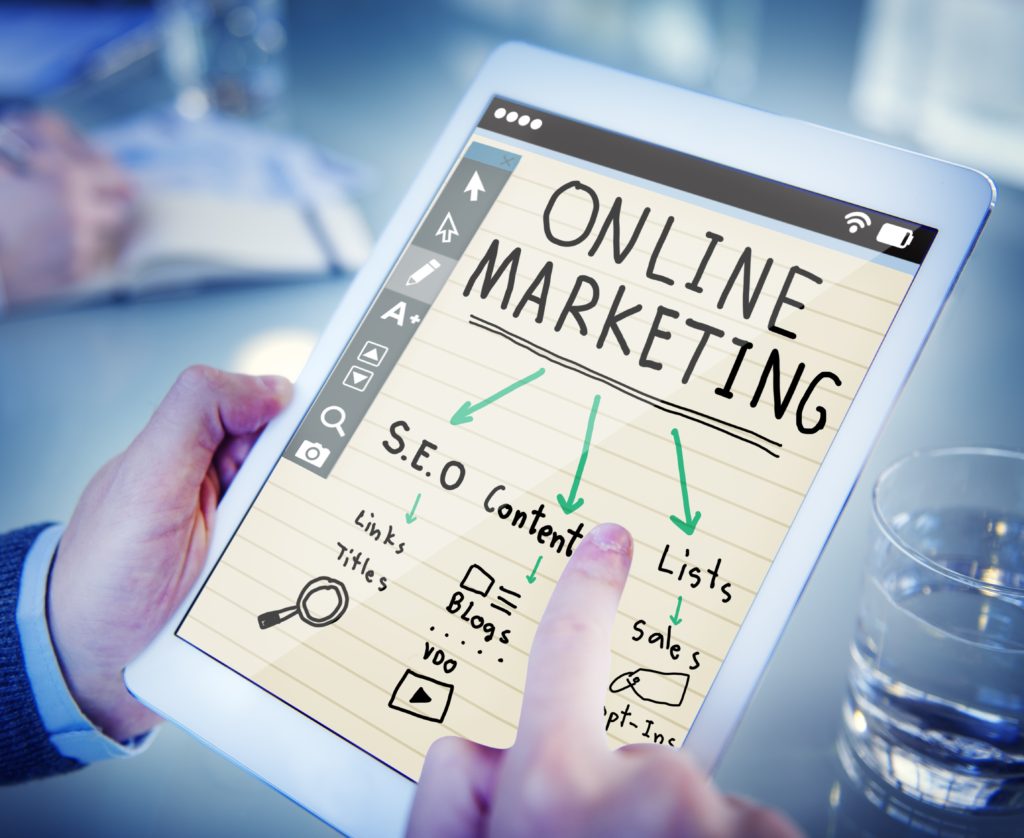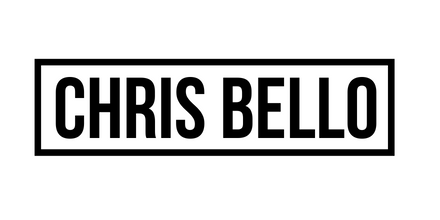If I could go back and start from the beginning of the entrepreneurial journey, I would have done a few things differently. However, like the saying goes, hindsight is 20/20. Mistakes are meant to serve as lessons. I’m not complaining that these things have happened, and I learned a lot from the process. “It is what it is.” However, I would definitely do things a bit differently if I had to do it all again knowing what I know now.
Here are 5 things I would have done differently:
1. I would have chosen my first business partner more wisely.

I always hear about people jumping into business with friends or random people who seem gung ho about your idea. Sometimes, the stories have happy endings and everything works out great. Other times, there is some tension, but things ultimately work out. But in many cases, things don’t work out at all and things get very ugly. Unfortunately, the last description best fits my situation.
My original business partner (let’s call him Business Partner #1, or “BP1”) had ideas, but never executed. We’d brainstorm a lot at meetings and come up with action items. During the next meeting, I’d have all mine done and more… he’d show up with nothing. I shrugged it off for as long as I could even though the signs were there.
Later on, I brought a friend on board. We will refer to him as Business Partner #2 (BP2). We came up with an entirely new idea, created a product from scratch, and filed a patent on it. BP1 had some ideas when we showed him where the progress was at, but BP2 and I did all the work. Hours and hours of brainstorming and more importantly, taking action. BP2 brought it up to my attention multiple times that he didn’t think BP1 was pulling his weight. I still tried to push back saying BP1 had some other things on his plate as well. But the signs were all there and I should have listened sooner.
Fast-forward to early 2017. BP2 and I had the hard conversation with BP1 that we were starting a new LLC on our own with the invention we created. BP1 seemed to take it relatively well and agreed we could part ways. Things were okay, radio silence mostly. Then I see that BP1 maxed out the company credit card (that I was personally liable for). I had thought we both were, but found out later that he was listed as just an employee. BP1 stopped paying even the minimum payments. After weeks of Chase calling me and no payment, I just paid the entire amount and am going to resolve this however necessary. I will simply not let $10K vanish without a fight. He’s not answering any of my messages currently. It’s going to be a bit awkward if I see him at a bar to say the least.
So, if I could go back and do it again, I would have never created an LLC with BP1 at all. I would have especially not created a business account with him.
Lessons learned:
- People can do shady stuff. Integrity is not a priority to everyone. That kinda sucks.
- Find out who is personally liable when creating shared business accounts. If it’s you, set employee spending limits and never share your password.
- I thought we both had a shared account and password. After doing more research, turns out that we both had separate accounts. I could have logged in and set his limits months before. Coulda, woulda, shoulda. I don’t dwell on what could have been done. I think about next steps and how to address issues at hand.
- Get an operating agreement in place when getting partners. My attorney suggested this once I brought this situation to her attention. This is why I recommend signing up with an attorney’s help instead of just doing the LegalZoom way in 10 minutes. The entire predicament could have been avoided or risks better mitigated.
2. I would have started off with a non-physical product business.

Looking back at all I’ve learned, I might have started off with a non-physical product first. There’s so many moving parts when you’re creating something from scratch. It’s also quite expensive. Although to be fair, trying to start a software company or even create an app isn’t usually cheap, either. I remember moving to a physical product once I got crazy quotes for an app idea I had anywhere from $15,000 to $100,000.
As it just so turns out, the molds for our invention quickly got expensive.
- Patent: $10,000
- Random attorney fees: $3,000+
- Molds: Thousands of dollars more than I expected.
At the end of the day, I’m looking at over $13,000 just for legal fees. Let’s not even talk about the price of the molds… Manufacturing, holding inventory, packaging, shipping, and advertising are all next. I suppose we could also look into licensing deals if we really don’t want to incur a lot more expenses.
Another thing to consider is time invested. Now that I’ve discovered ClickFunnels and how quickly you can begin driving traffic to a sales funnel and doing affiliate marketing to earn commissions on sales, I think I would have started out with that. If you didn’t read my last blog post, I wrote on travel hacking. Within an hour or so, I created this landing page and started driving Facebook traffic there via ads. I will literally get credit card points or commissions if anyone signs up for the cards I recommend or purchases the products I link up there.
Promoting products or services you believe in is basically acting as a salesperson for that product or service. You get a commission on every sale you make. If it’s a good product that solves a problem and sells itself, you just need to drive paying traffic to purchase. Sure, I might not make as much as I will when my Patent Pending product is in stores, but I can get up and running without spending a whole bunch of time or money. You don’t have to create a product, file a patent, etc. You literally just promote.
I might have also focused on creating online courses sooner. I do have one up on Udemy but I know there’s a lot of opportunity here for little monetary investment. Time is the main investment to be made when creating courses. You can get cameras, lighting kits, etc. for relatively cheap.
Lessons learned:
- Creating a product is fun and exciting but can be very time consuming and costly
- Affiliate marketing is a great way to get your feet wet in selling. Use sites like ClickBank or JVZoo and promote products or services you believe in to an audience willing to buy. Earn commissions on sales.
3. I would have spent more time learning about marketing and sales early on.

I’m rereading Rich Dad, Poor Dad by Robert Kiyosaki currently (great book, by the way). Something really stuck out to me in the most recent chapter. Rich Dad suggested that you should know a little about a lot. I’ve always heard it’s best to know a lot about a little and really be a master at your craft. I guess both are important. What Rich Dad meant is that you should try to know as much as possible. Law, accounting, business practices, etc. You need to know it all to be successful, or hire people much smarter than you in those areas to assist you.
So even though my educational background is in Supply Chain, I would have started looking into marketing and sales earlier. I’m extroverted and love talking to people, which I hear are strong traits for success in this area. It’s exciting and involves human interaction, things that pivot tables in Excel don’t really provide sometimes.
Lessons learned:
- Spend time learning what you want to when you want to, even if it’s “not your major.” I suggest sites like Udemy or even just Googling things to learn areas of interest.
4. I would have followed my gut more.

When starting something new, you’re dealing with a lot of new things. Filing an LLC, getting an EIN number, working with an attorney on a patent, dealing with manufacturers to design the product exactly how you want, etc. Those are things that take time to figure out. We can’t be pros at everything.
One example where I wish I trusted my gut was when I noticed a domain name similar to ours that was purchased. We noticed it and saw the site wasn’t set up or anything, it was just a blank landing page. I ran it by my business partner and he talked to the attorney. The attorney said we should be fine with “common trademark” since we had already been using the name.
Several months later, I noticed they had filed a trademark on the USPTO. Our attorney worked with theirs to come up with a Trademark Coexistence Agreement so that we can continue to use our logo as well. Then we got a nice little bill for $2,000. It would have been better to have spent half that amount to protect it upfront but I didn’t listen to my gut.
Lessons Learned:
- Follow your gut instinct.
- Trying to save a few dollars upfront can result in spending more down the line.
5. I would have invested in myself earlier.

I wish I had started investing more in myself earlier. Spending more money on courses and conferences I’m interested in and so on. There’s a lot of great free content out there and I have consumed a ton of that. But sometimes, paying for premium really gets you to the results much more quickly. Do your research before throwing around money, though. Don’t just buy the first course that claims to get you from 0 to 1. Check out reviews from people who have taken the course and who are succeeding.
I would have attended conferences to network with like-minded individuals sooner and begun to network much earlier on. It’s never too late to make changes, but I feel like I’d be much further ahead if I had started earlier for obvious reasons.
Lessons Learned:
- Invest in yourself.
- Don’t be afraid to spend some money and time going to things that will help you progress (taking courses, attending conferences, etc.)
In Conclusion
I don’t claim to know it all. It’s quite frankly impossible to know it all. How many Doctor Engineers do you know that also are CPAs? Probably not many. We can specialize in certain areas and try to absorb as much as possible. Like the advice from Rich Dad, Poor Dad, try to know a little about a lot. But I also think it’s important to know a lot about a little as well, find a niche, and really work in that area to find customers.
Learn from your mistakes and the mistakes of others. These serve as lessons. Going forward, I’ll be much more careful when setting up business bank accounts and legal documents. There will be losses at times and things will be out of your control. I don’t stress about things I can’t control. I do what I can to impact what I can and then try to figure out solutions to problems that arise.
I’ll leave you with a favorite quote of mine:
Life is 10% what happens to you and 90% how you react to it.
Stay Connected
Chris Bello
Entrepreneur Motivation Podcast on Facebook


0 comments